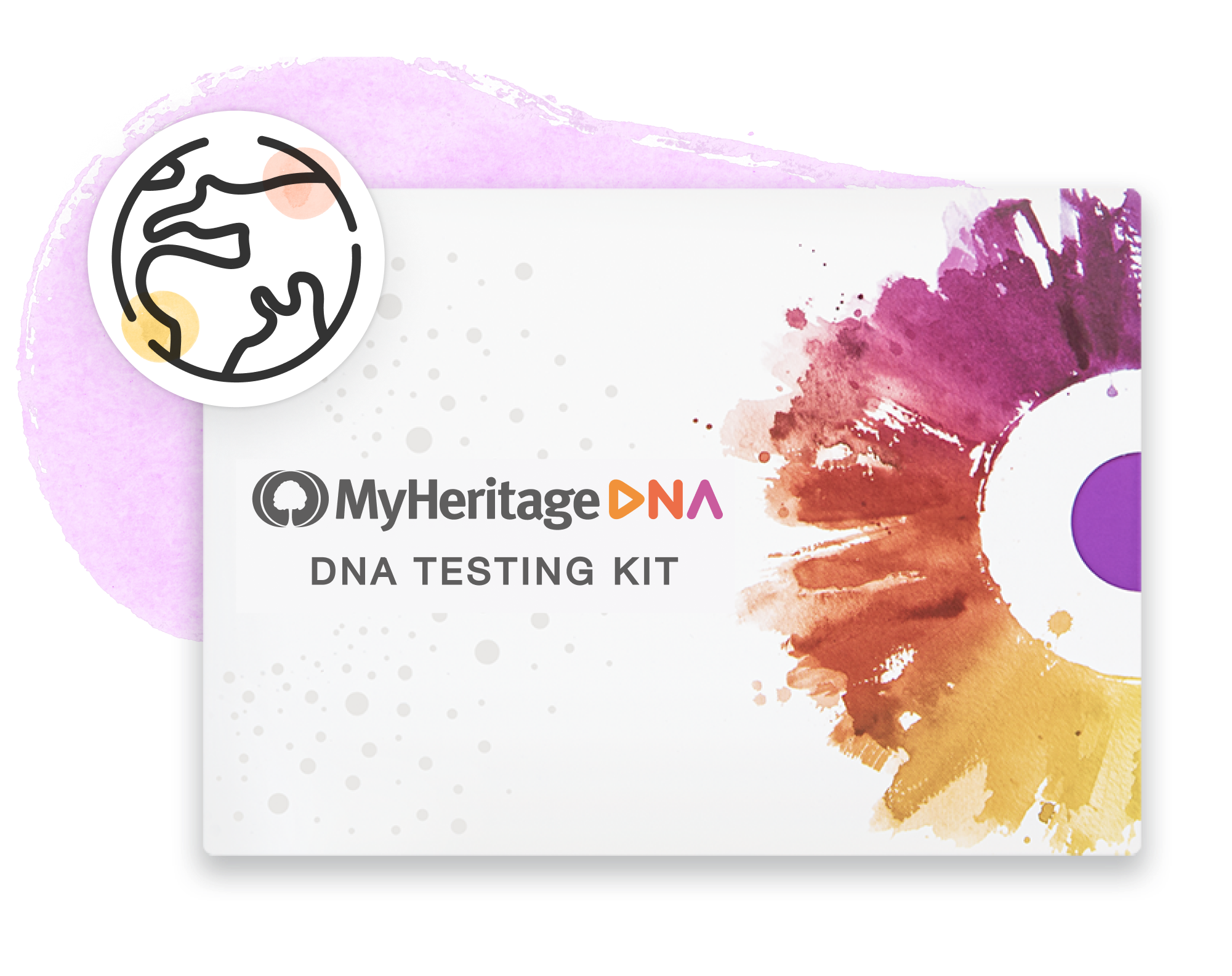The general term "DNA angels" refers to any group of genetic genealogy researchers who volunteer to assist others in trying to locate birth parents or to resolve origin issues as a result of a DNA test.[1] For the specific group DNA Angels, see here.
Generally, DNA angel volunteers and groups do not charge for their work and often work in a collaborative environment. Some may provide certain services like birth parent location for free, and may charge a nominal fee for other services that require advanced research or testing.
Their work basis is different than hiring a professional genetic genealogist who is paid for their work. DNA angels volunteer in order to give back to the genetic genealogy community as well as to foster an interest in genetic genealogy.
Research your ancestors on MyHeritage
DNA angel groups
The types of groups involved with DNA angel activities vary both in terms of community platform used to conduct research as well as goals:
- Specific research initiatives: some DNA angel groups focus on one disease or birth defect connected to genetics such as Tay-Sachs disease, Sickle Cell Anemia, and others.
- Adoptees and locating birth parents: some groups assist adoptees in locating their birth parents through adoptee birth registries, donor conception databases, working with vital records archives, and using DNA databases to identify possible birth family members.
- Non-paternal events: some groups help those who have discovered a Non-paternal event ("NPE") as a result of having taken a DNA test. These groups offer not only research services but also support services since the discovery can often be a traumatic event.
Each group will have its own requirements as to membership, its own privacy policies, and some will require use of a specific DNA test such as MyHeritage DNA or other DNA test kit.
DNA angel services
The services provided by DNA angel groups include:
- Identifying Biological Parents: members of DNA angel groups assist members in searching for their biological parents using DNA data. They offer guidance, mapping, and research to individuals clients uncover their family connections.
- Support and Connection: for individuals who have discovered an NPE, or are dealing with donor conception or adoption issues, these groups provide support and a private group for discussion and connection.
- Genetic genealogy support around specific diseases and birth defects: individuals who have discovered a genetic propensity for specific diseases and defects through a DNA test, or through a recent birth, these groups provide support and counseling.
DNA angel tools
The tools that DNA angel groups use are not much different than those used by both amateur and professional genealogists:
- DNA databases: Databases maintained by various DNA testing companies as well as independent databases such as GEDmatch are used to look for familial connections by adoptees and other group members using DNA test data.
- Adoption registries: Various non-profit registries allow posting of queries by both adoptees and birth parents in order to identify each other.
- Vital records bureaus: For most US states, adoption records are sealed and an individual's original birth certificate cannot be accessed. However, some states allow access as long as the birth parents and/or adoptive parents have not placed a "hold" on access.
- Advanced DNA tests: some situations may require specialized DNA testing, beyond the basic autosomal testing offered by MyHeritage DNA and other personal DNA test kits. These tests include mt-DNA and Y-DNA tests.


